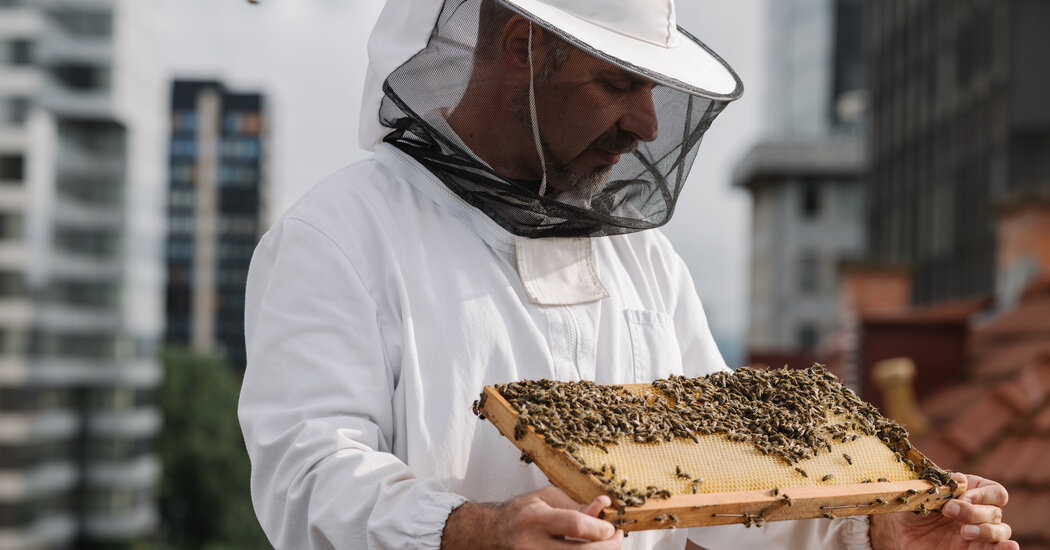Lou
Forum Legend
Speaking of Bees.
Today's NYT

 www.nytimes.com
www.nytimes.com
Today's NYT

The Beekeepers Who Don’t Want You to Buy More Bees
In Slovenia and around the world, conservationists try — and mostly fail — to combat the widespread belief that honey bees are in danger.

